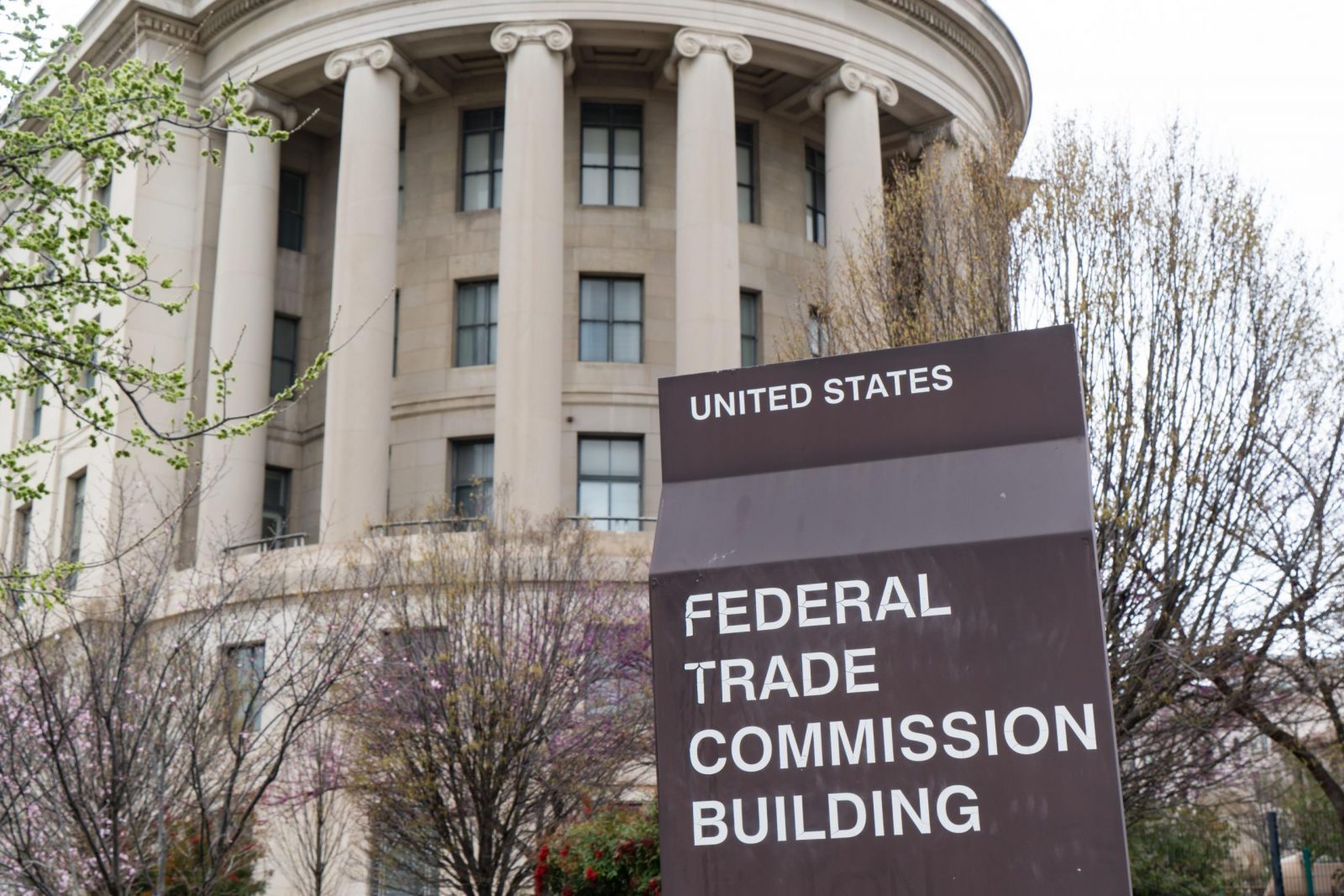There is a new federal government player in the raging battle on how to define an independent contractor: the Federal Trade Commission.
The involvement of the FTC in the issue of defining the legal status of gig workers does not involve a new rule. Rather it comes from a statement released earlier this month by the agency, which features this broad goal: “Protecting (gig) workers from unfair, deceptive and anticompetitive practices is a priority, and the FTC will use its full authority to do so.”
The FTC’s intention to get involved in the gig worker debate was foreshadowed during the summer when the agency and the National Labor Relations Board announced their intention to work together on the gig worker issue. Both the FTC and the NLRB “recognize that continued and enhanced coordination and cooperation concerning issues of common regulatory interest will help to protect workers against unfair methods of competition, unfair or deceptive acts or practices, and unfair labor practices,” the two agencies said in a joint statement released in July.
“It is them telling the industry and the country as a whole that they are going to be spending the next little while using their resources and efforts enforcing existing law,” Thomas Scroggins, a partner with the employment-focused law firm of Constangy, Brooks, Smith & Prophete, told .
In an online commentary on the FTC policy, the law firm of Fisher Phillips said the agency’s plan is to “take on businesses that misrepresent workers’ potential earnings, wrongfully use artificial intelligence to evaluate worker productivity and engage in wage-fixing with other gig companies.” Such actions could be viewed as “classic antitrust behavior that is getting increased attention under the Biden administration,” the law firm said. And antitrust violations have always been at the top of the FTC’s mandate.
Scroggins said the FTC’s move into the area of independent contractor status is clearly new. “The FTC generally stayed out of the IC relationship historically.” He said there have been some FTC actions against Amazon and Uber regarding worker pay, but those actions did not directly touch on worker status and whether they were ICs or employees.
In reviewing the FTC statement, Fisher Phillips said there are three “key situations” that would interest the FTC. One is “misrepresentation about the nature of gig work,” where a theoretically independent contractor is in fact controlled by the company that made the hire. A second is “diminished bargaining power,” when the amount of work available and the details of the work are vague. The third is “concentrated markets,” and Fisher Phillips believes that the FTC sees rideshare and food delivery as possible examples where there is “reduced choice for workers, customers and businesses.”
“It’s really driven by this administration’s enforcement priorities,” Scroggins said. “They are taking a renewed interest in this particular issue.”
Federal involvement in questions regarding the status of independent contractor status generally have been the purview of the Department of Labor. “Why this issue isn’t just left to the Department of Labor, I’m not sure,” Scroggins said. “Maybe they are trying to bring more resources to bear on the issue.”
But the NLRB is an independent agency and not an arm of the Department of Labor. The agreement between the FTC and the NLRB, Scroggins said, suggests the two operations will “cross refer issues to one another and work together on employment related issues, particularly gig worker-related issues.”
Scroggins said it was “very likely” the Biden administration’s proposed rule for the Wage and Hour Division will include the ABC test, the three-pronged test that is at the heart of California’s AB5 law on ICs and the one seen as most favorable to defining workers as employees, not ICS.
During a feedback session held by the Wage and Hour Division in June, the vast majority of callers expressed opposition to an ABC rule, even though the division has not publicly said inclusion of the ABC test is planned.
Whatever happens is likely to be changed some time in the future, Scroggins said. “Labor law comes and goes with changes in the administration.” An incoming administration appoints board members and general counsels “and then the pendulum swings back the other way the law goes back to where it was before.”
Scroggins said the proposed new rule is likely to be released early in the first quarter of 2023.






